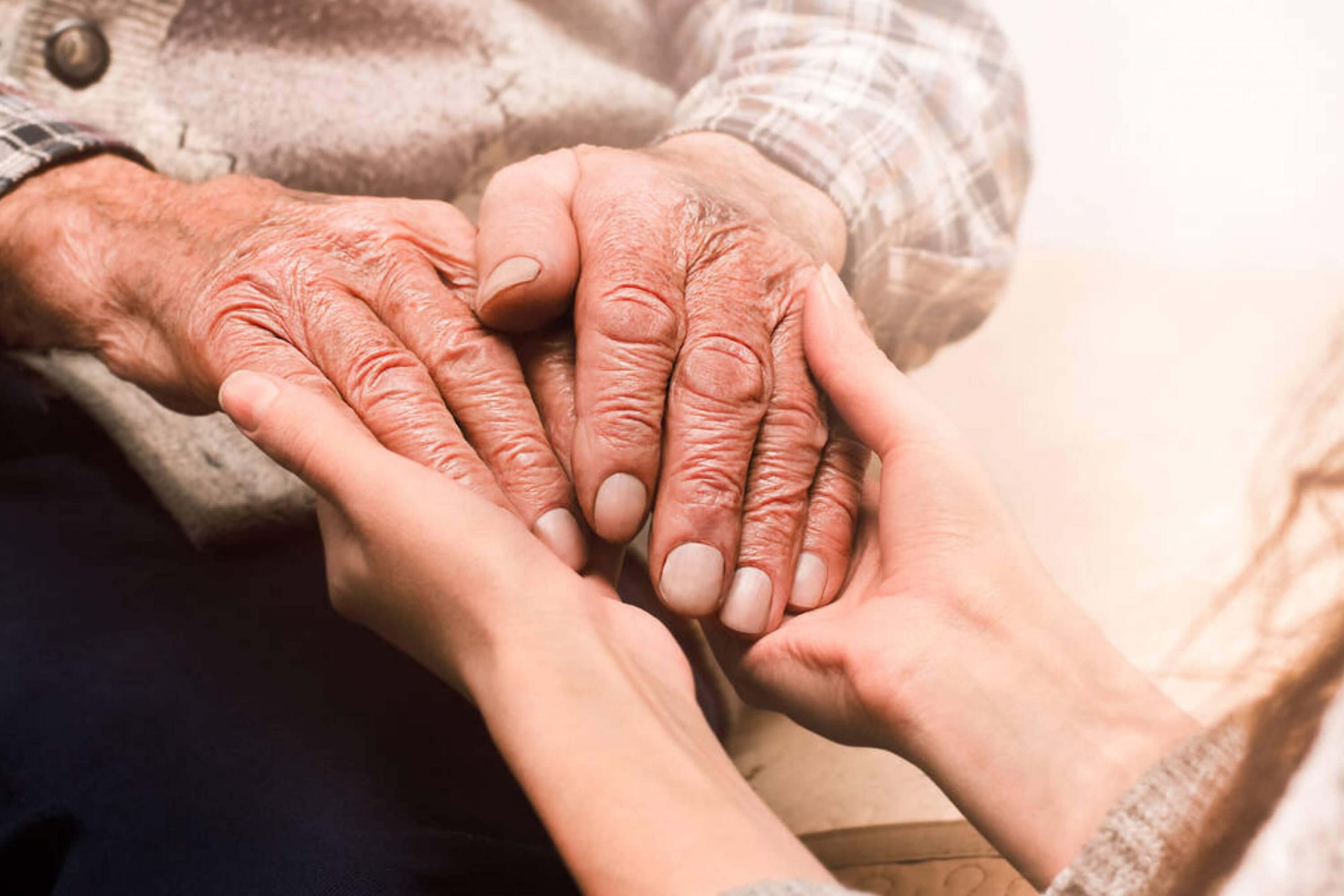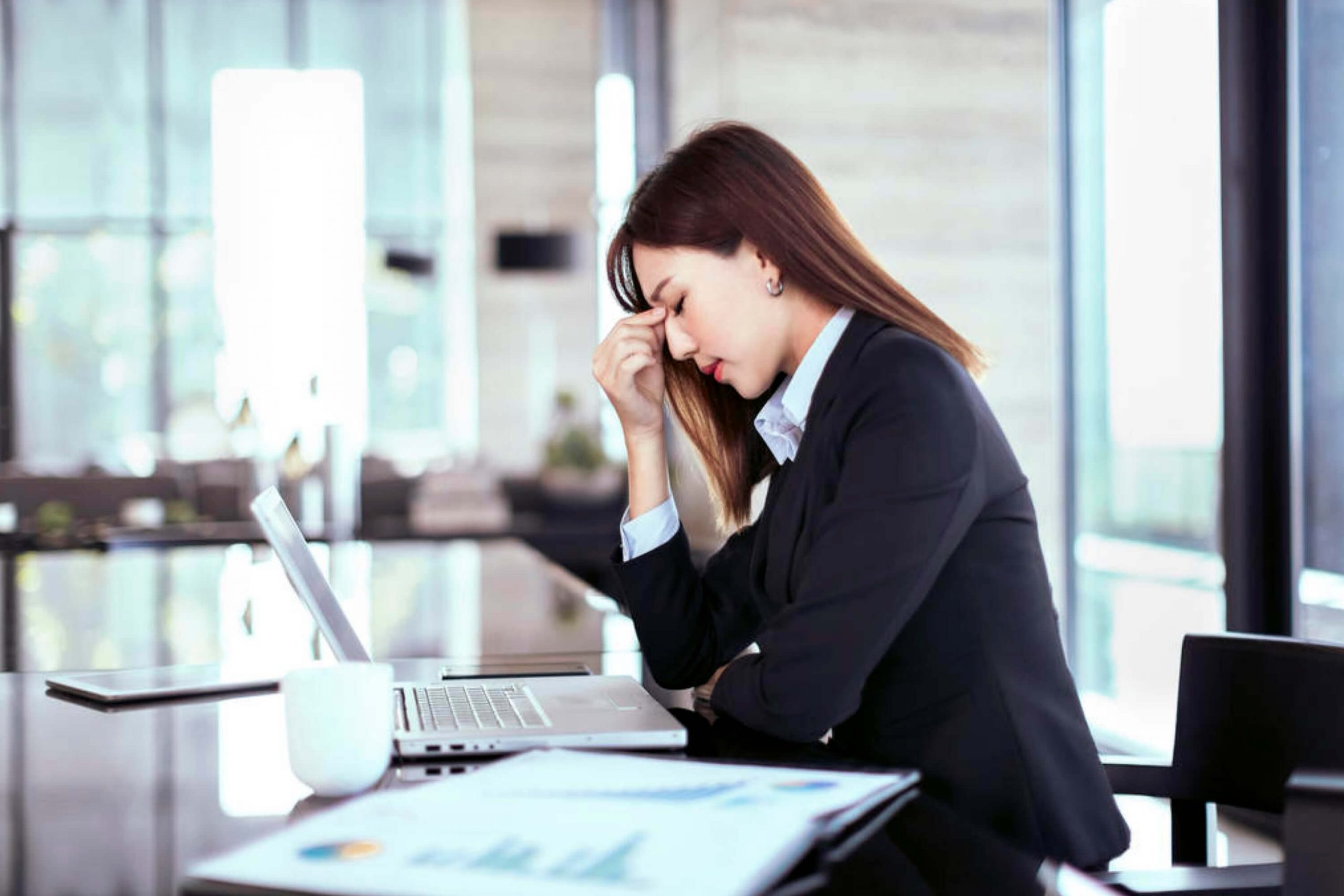Business owners are required to provide a safe working environment. The laws apply to all workplaces, whether high-risk environments (construction sites) or lower-risk places (offices).
Tragically, even with the appropriate safety protocols and training in place, accidents still happen and cause serious damage.
Return to work after an injury is more often than not delayed because of the subsequent psychological impact. When a person endures such a painful experience, they experience delayed emotional responses.
It’s not only the injury itself but also the emotional pain. The psychological effects of accidents at work often go unnoticed.
The Psychological Harms of Accidents at Work: Obstacles to Recovery
Anxiety
After an accident at work, many people experience a feeling of unease, such as worry or fear. Some even have occasional nightmares. If you’ve been hurt as the result of a workplace accident, you know exactly what it’s like. You’re always on alert, so it’s difficult to sleep or concentrate.
You feel anxious when you go to work because you fear another accident might happen. Your breathing becomes shallow, and your hands start to sweat.
Struggling with anxiety can lead to diminished self-confidence, strained relationships, and substance abuse, as an example.
Post-Traumatic Stress Disorder (PTSD)
Those who’ve sustained an injury related to an accident at work may exhibit post-traumatic stress disorder (PTSD). Even if the physical injury heals, PTSD continues to impact work and personal life. The symptoms can interfere with a person’s ability to carry out their duties.
More exactly, they have memory problems and trouble staying awake, find it impossible to concentrate, and outburst in anger. The situation at home is also dire. You can’t relate to your family and friends.
This is because you have intrusive thoughts, which take the form of flashbacks, nightmares, and so on.

Worklessness
It’s not uncommon, after an injury at work, to take an extended break from employment. That person is workless, and there’s the risk that the progress they made in the past will go into reverse. Contrary to popular opinion, worklessness isn’t just a financial and social issue.
It’s also a problem related to health and wellness. Worklessness is associated with increased risks of obesity, heart attack, depression, substance abuse, accidents, and poverty. The injured worker still has emotional damage that is readily apparent or subtle.
Helping injured workers reduce the risks of worklessness brings about advantages not only for the employer but also for the community.

Simple Ways Employers Can Help Workers Following an Accident at Work
Building Connections
A positive rapport helps injured workers feel valued and appreciated. A lack of communication, on the other hand, can increase their stress and anxiety. Thanks to advances in communication technology, it’s never been easier to keep in touch.
The period immediately following the accident at work is crucial. Employers need to understand that work-related accidents cause high levels of emotion, so they should put forth their best effort. A return-to-work plan should be developed and consistent with medical advice.
If the injury is serious enough to impact the person’s ability to come back to work, they should receive help to make the necessary change through rehabilitation and training.

Fostering Employee Health and Wellbeing
Simple modifications to hours of work or equipment aren’t enough to facilitate return to work. The employer should promote a health culture at work.
This implies managing identified risks, undertaking workplace health promotion, and intervening early if a worker suffers an injury. Most importantly, bring in medical professionals, wellness experts, and occupational health support services.
The company should pride itself on healthy workers. The design of work can have a drastic impact on health care expenses. It’s worth looking into solutions that benefit everyone.

Helping Workers Be More Proactive
When a person struggles with mental health, they try to shift their brain into gear but don’t succeed. Mental fatigue may result after an accident at work. It tends to show up when a person focuses on a task for a while because it requires cognitive and emotional effort.
If they’re encouraged and empowered to get work done, workers are more proactive. Workers should be allowed to tackle tasks and address issues when they know they’re the most productive. Managers should support autonomy as they do collaboration.
When workers feel they have higher well-being, they’re more engaged in work and feel supported by the organisation.
It’s Not Usually Possible to Sue for An Accident at Work, But There Are Exceptions
Accidents at work create foreseeable distress. The most problematic cases are those where the injured person or their family and friends ignore what’s happening.
They tell themselves it isn’t so bad.
Psychological trauma can leave a worker struggling with upsetting emotions, memories, and anxiety that simply don’t go away.
It might be possible to obtain compensation for emotional distress in an accident at work claim. The question now is: Who is eligible for an accident at work claim in the UK?
If you’ve suffered a personal injury that was caused by someone else’s negligence, you might have a valid case.

Workers’ compensation doesn’t cover pain and suffering, meaning that those involved in work-related accidents need to find other legal avenues to recover non-economic damages.
To prevail on such a claim, they must demonstrate they’ve suffered psychological harm due to an accident at work.
Given that this type of compensation is complex, it’s advisable to contact a solicitor specialising in personal injury claims. The injured worker can file a claim against a subcontractor, a driver of a vehicle, or a designer, manufacturer, or distributor of defective/dangerous equipment.
Gone are the days when solicitors relied on their clients’ testimonies alone. At present, legal experts rely more and more on psychological evaluations and witnesses to discuss the emotional impact of the accident at work.
Any psychological injury or emotional trauma can be the basis for a personal injury claim. If you’re taking into account the possibility of suing your employer, don’t forget that the goal isn’t to get some free money. Also, there are legal courts and fees to think about.










